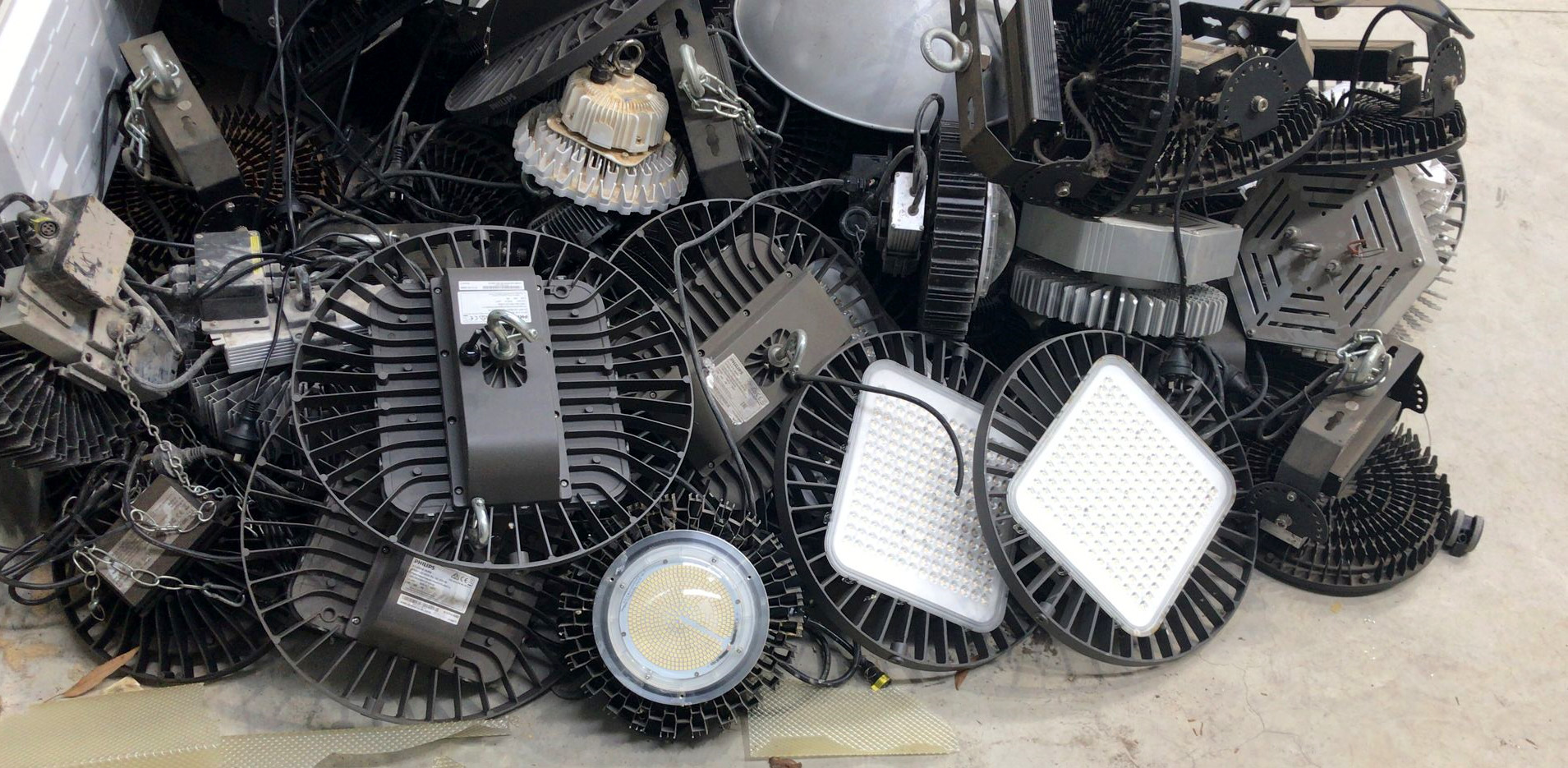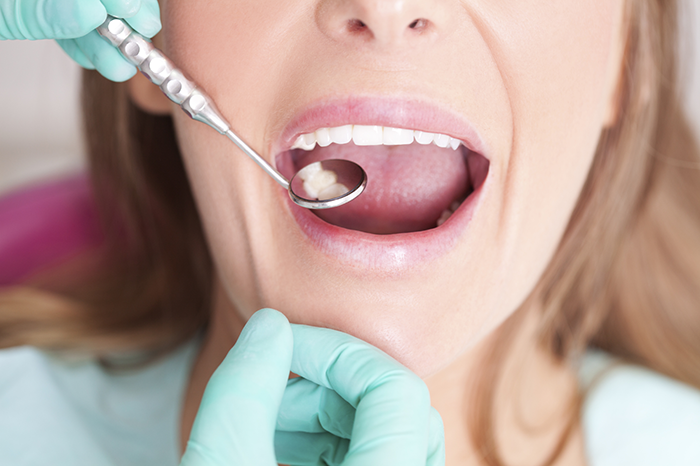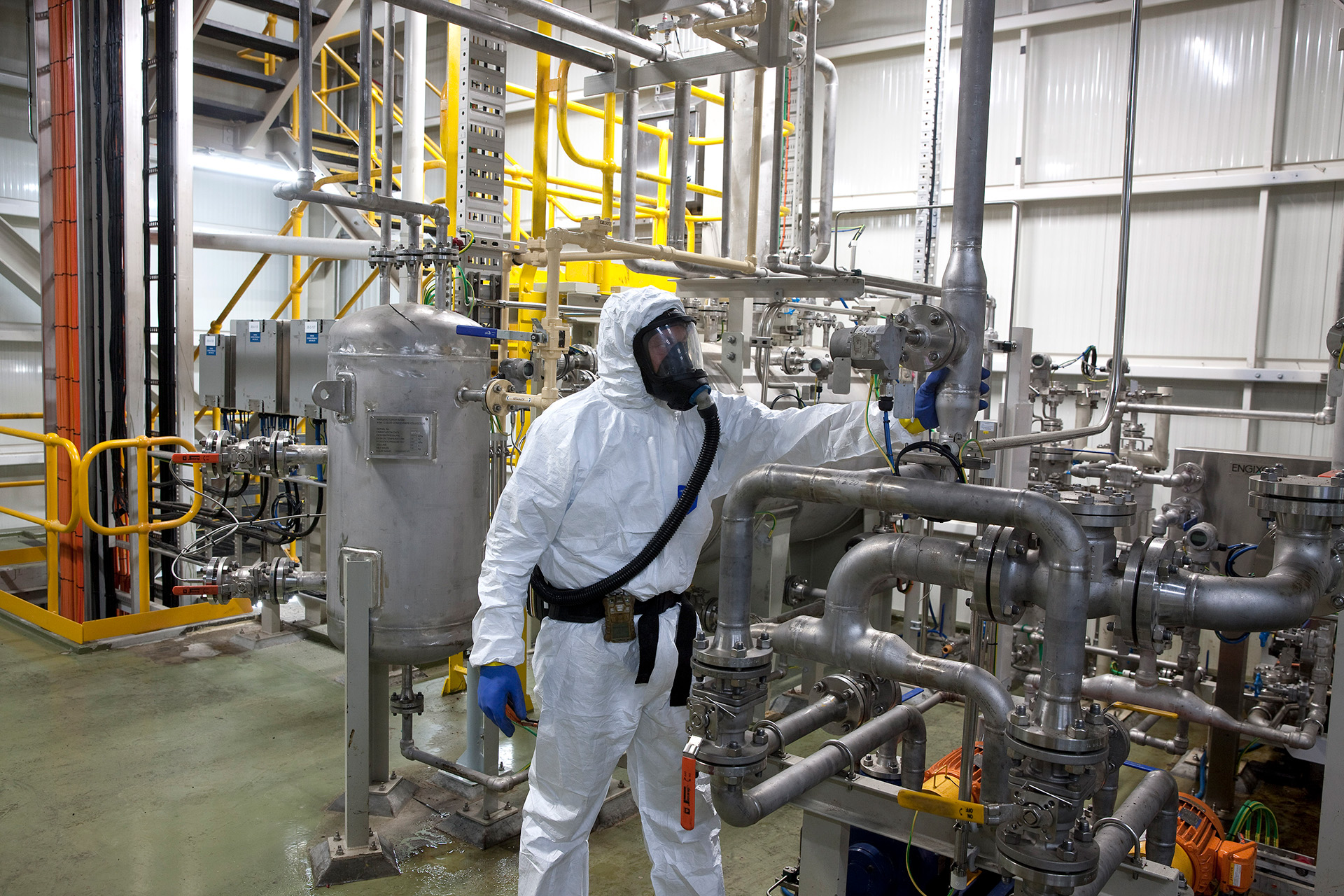The UK government has banned the manufacture of products containing microbeads – small particles of plastic that have been used in products such as facial scrubs, cosmetics and toothpaste.
The problem is that these particles get flushed down the drain and end up in our oceans where fish and other animals eat them.
The results can be deadly, and there’s even the risk that microbeads will end up on our dinner plates.
The United States banned microbeads in 2015. In contrast, Australia opted for a voluntary approach, albeit one backed up by a ministerial threat to legislate if necessary.
However, with the three major supermarket chains phasing out microbeads from their own brand products in 2017, and with major manufacturers joining the phase-out, voluntary action appears to be working.
“It’s great that the UK has now banned microbeads, and gratifying to see what Australia has achieved on a voluntary basis,” Ecocycle’s Business Development Manager Daryl Moyle said.
“It will help to ease the pressure that human pollution is placing on the oceans.”
Doing away with microbeads is relatively easy. They can be replaced with natural, biodegradable alternatives made from nutshells and rice husks.
However, other insidious materials are unnecessarily being dumped into the ocean, despite the availability of viable and more environmentally friendly options for their disposal.
“A good example is the mercury contained in dental amalgam,” Mr Moyle said.
Even though the Australian Dental Association policy is that dental amalgam waste should be recycled, and a voluntary scheme has been trialled in the past, the majority of dental practices continue to dump their mercury waste down the drain. From there it’s a short trip through the sewers and into the ocean.
“We’ve worked with the professional body for dentists to provide information to its members on the importance of recycling dental amalgam. It’s the perfect example of closed loop recycling, as the mercury we recover goes back to the dental industry to make new amalgam,” Mr Moyle said.
Several state governments have legislated to ban the disposal of other types of mercury containing waste, such a fluorescent lighting, to landfill.
Mercury can leach from landfills and find its way to the oceans via streams and ground water.
“One amalgam filling contains vastly more mercury than a fluorescent tube,” said Mr Moyle.
“With numerous dental practices continuing to dispose of the mercury directly to the sewer, there’s at least a good case to be made for banning this practice as there is for banning microbeads.”






